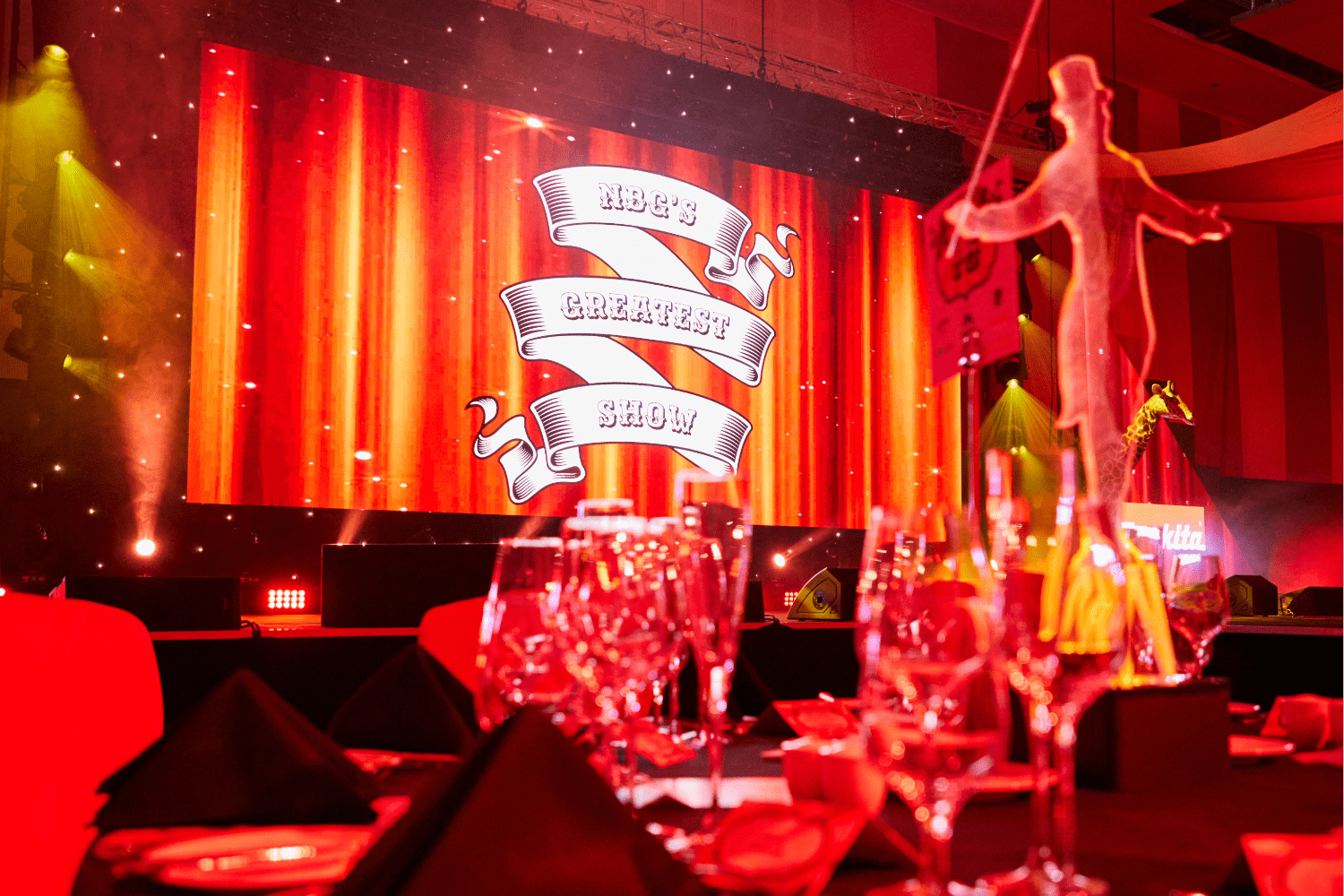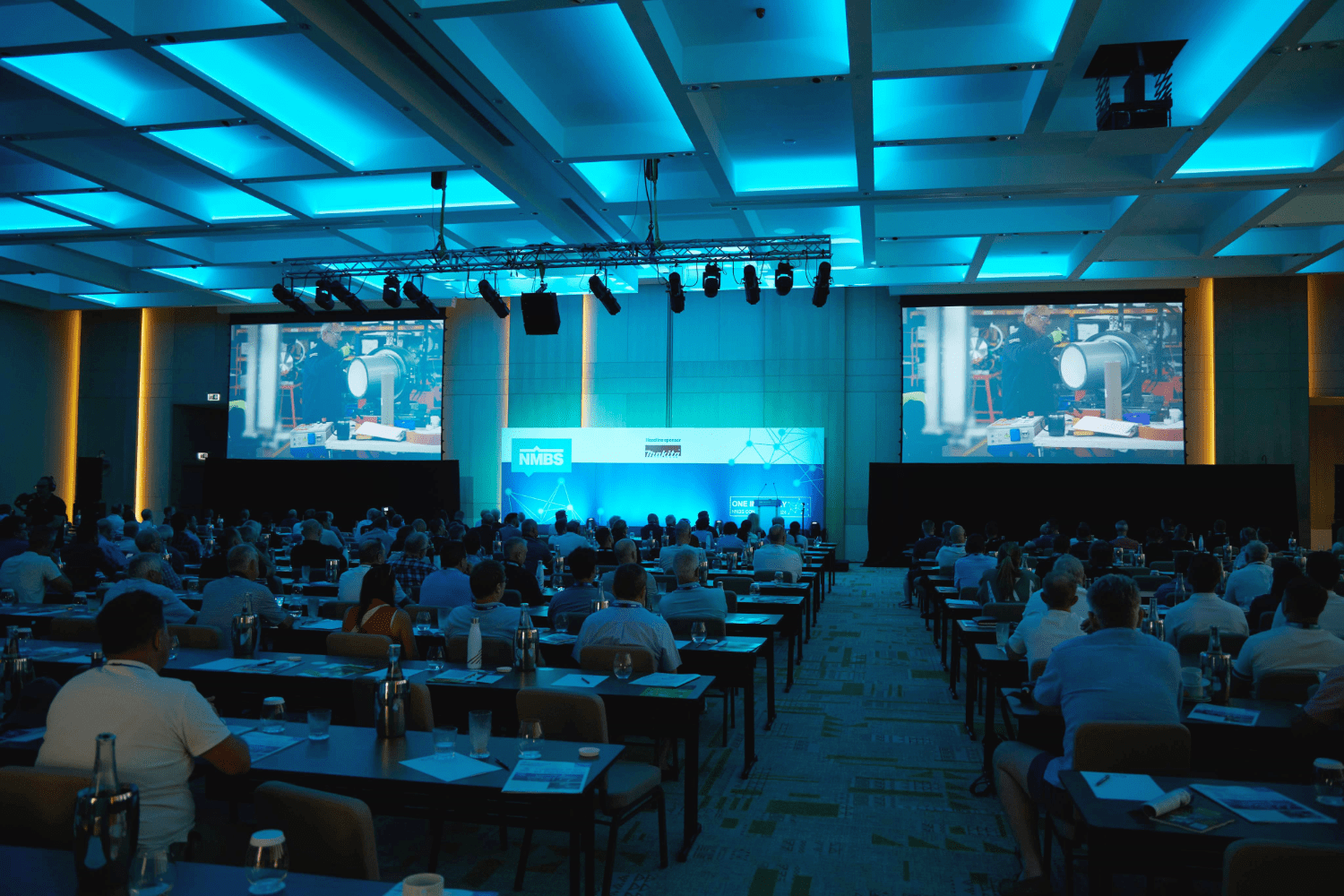 Back to News Room
Back to News Room
News

How to evaluate your event strategy in 2023
Creating impactful and effective events without a core event strategy to guide your decision making process isn’t just difficult, it’s impossible. It’s like trying to reach a destination without a map. If you can’t see where you’re headed, or how you’re going to get there, how can you expect to reach your destination? Having a clear events strategy ready for 2023 will give you a clear view of where you’re going, what you wish to achieve and let you know what checkpoints you need to be looking out for along the way.
By analysing and evaluating your events strategy ahead of the new year, you’ll know that your vision for 2023 is refreshed and relevant. In the last few years alone we’ve seen so many changes within the events space. That’s why dedicating the time to evaluating your event strategy in 2023 will give you the flexibility to adapt to new updates and trends.
So, now we know why we need to evaluate your event strategy for 2023. Let’s take a look at the different points you’ll need to consider in order to make that happen.
1: What are your goals?
Plotting a course for success is hopeless with out a key objective. This is why the first step of your 2023 event strategy evaluation should focus on what you’re trying to achieve, and more importantly, why. We suggest creating SMART goals to keep your strategy as impactful as possible. SMART goals are goals that are:
S - Specific: What exactly do you want to achieve?
M - Measurable: What are you going to measure that indicates if you’ve achieved this goal?
A - Achievable: Is this a realistic goal?
R - Relevant: Does this goal fit within your long term vision of success for the future?
T - Time Related: When do you want to have achieved this goal?
As well as having a wider goal for the entirety of your event strategy, you should also create miniature goals for every event that you create as part of this. If you don’t know how an event works towards securing this goal, then it’s a strong indicator that you probably shouldn’t be allocating the valuable time and resources to planning it at all.
2: Who’s already doing what you want to do?
Once you’ve established what your goals are, the next key element of evaluating your event strategy for next year is to analyse who might be working towards the same goals. You might already have conducted some initial competitor analysis, but it’s worth taking a look at the activities and events of your known competitors, as well as doing some digging into new organisations that you’re not aware of yet. Thorough competitor analysis will show you:
- Whether the market is too crowded: is there another, lesser known angle you can take to your event strategy that will help you stand out?
- If there’s a recurring mistake that’s being made: from your analysis, you’ll be able to identify gaps in a competitor’s event strategy, and find opportunities for your own.
- Whether there’s a potential opportunity for collaboration: if it’s not a direct competitor, why not work together to achieve shared goals?
3: What have you already done, and how could you have done it better?
If you’re going to make decisions about your event strategy for the year ahead, these decisions need to be backed up by hard data. By analysing your event activity and strategy to date, you’ll be able to understand the things that have worked, but most importantly, the things that didn't work.
Not sure you’ve got enough data to look at in order to make these decisions?
Ta-dah! You’ve just found yourself another key focus for your 2023 event strategy: data collecting.
Whether you’re tracking online engagement, ticket sales, footfall, or attendee experience, you need to put the tools in place to be able to collect the information that tells you if you’re achieving your goals or not.
If you need help collecting consistent feedback and data, analysing opportunities for development within your event strategy, or even if you need help creating your core event strategy for 2023, reach out to the First Event team!









